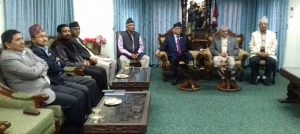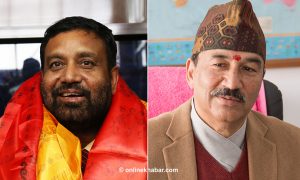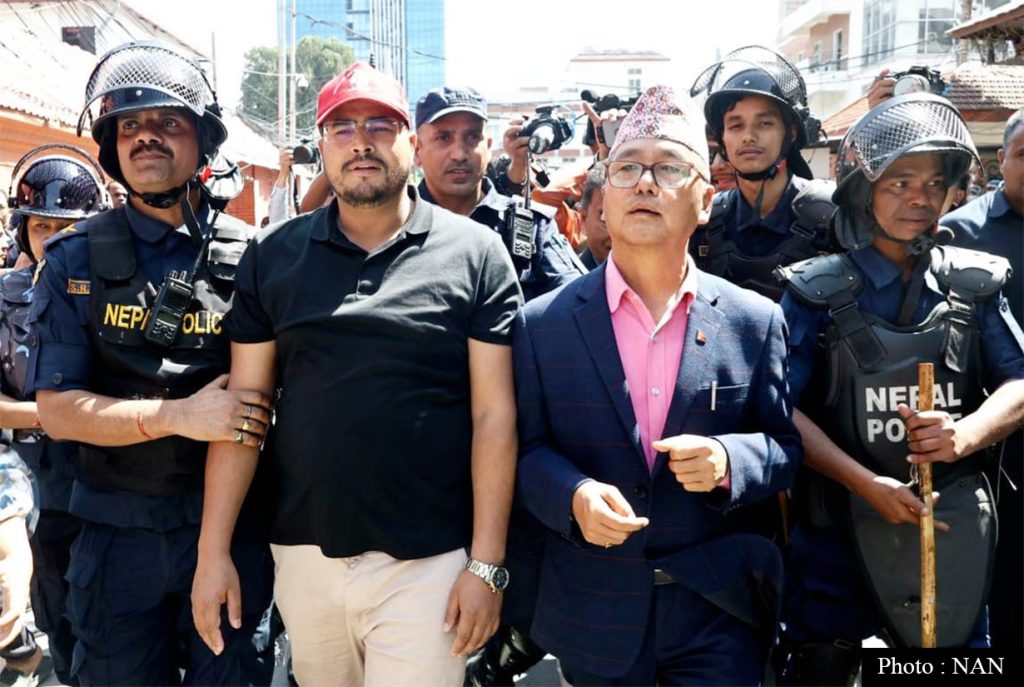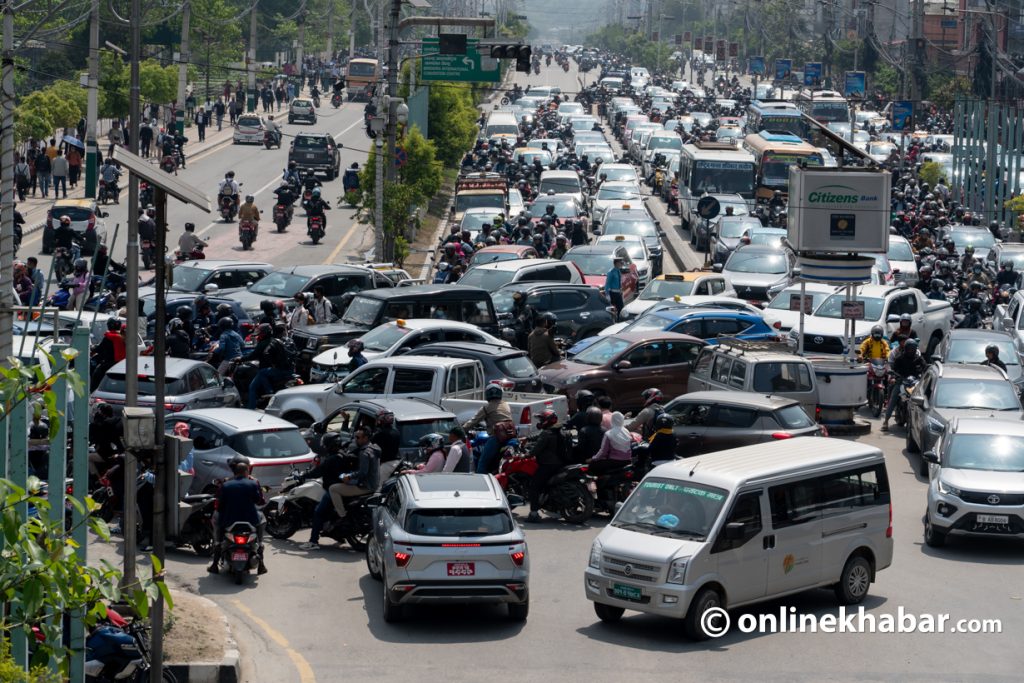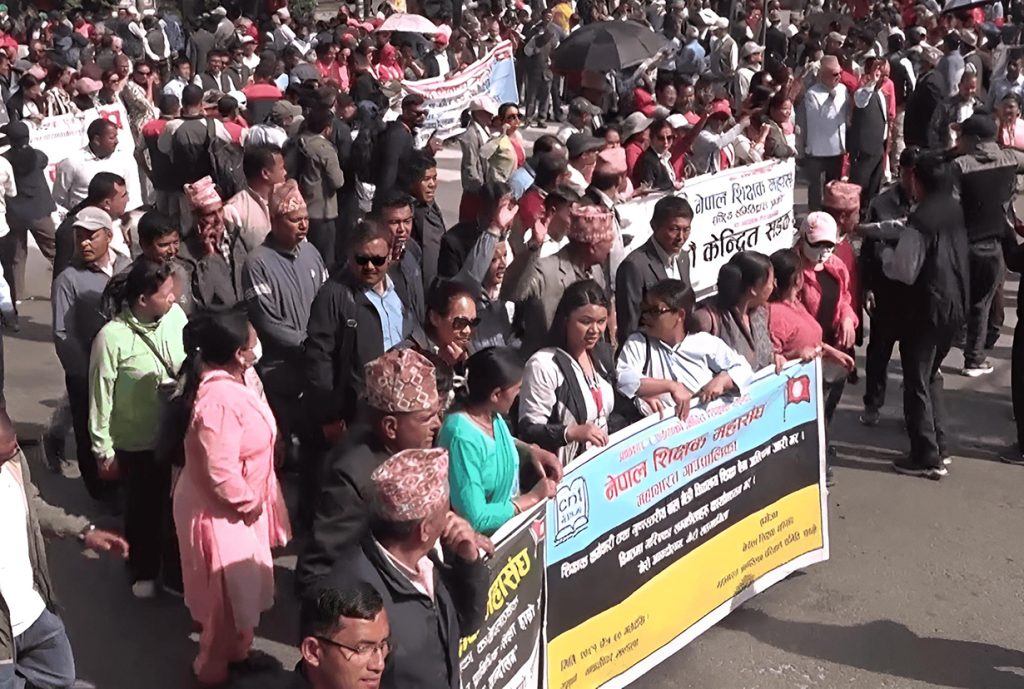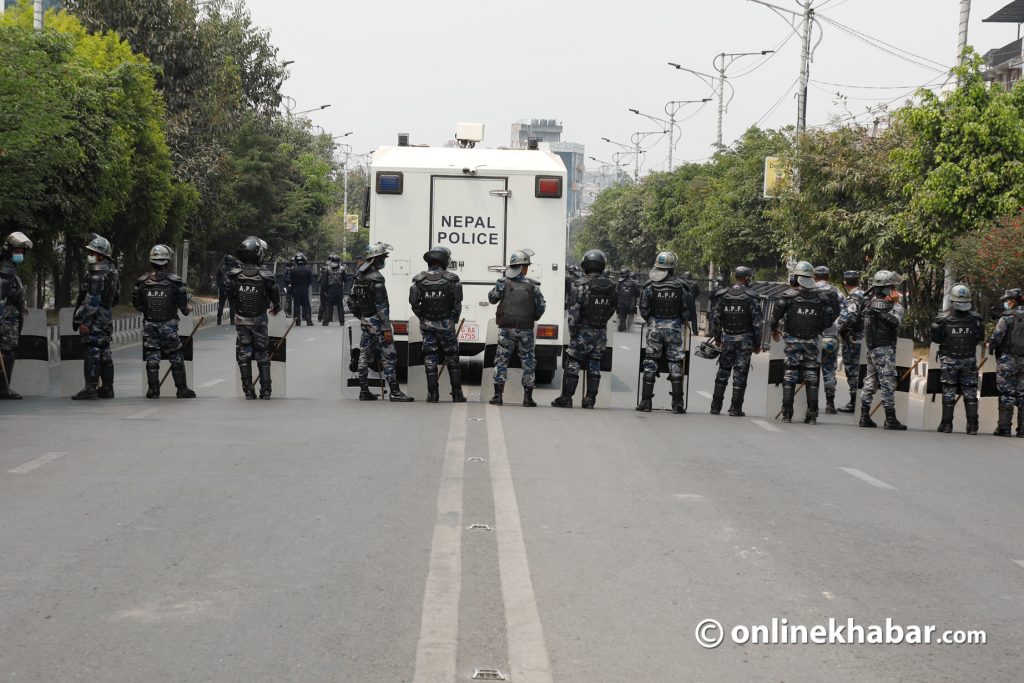In his prime, Sushil Koirala wanted to be a Hollywood heartthrob. He was a huge fan of Bollywood superstar Dev Anand. If he had chased his dream, he could have perhaps realised it. Who knows? He could have become a part of the James Bond series. Perhaps he could have replaced Eastwood as the ‘Good’ guy in the cult movie — the Good, the Bad and the Ugly.
Who knows? He could have won Oscars and made the country proud. More than that, he could have established himself as an idol, encouraging youths to pursue their dreams instead of hesitatingly shouldering responsibilities that the Nepali society, steeped in tradition, assigns them.
Koirala did not dare to rebel, choosing instead to shoulder on the responsibilities of Nepal’s first political family
Koirala did not dare to rebel, choosing instead to shoulder on the responsibilities of Nepal’s first political family that was no less than the Kennedys of the US. Even for a revolutionary of those times, whose plaudits included hijacking a plane loaded with cash and carrying bombs (for the establishment of democracy, of course), escaping from the familial tradition and exploring the uncharted waters of Hollywood must have seemed like a wild dream, for he was the citizen of a country where sons born to ruling Rana families became generals even before giving their first cries signalling their entry into this country in perpetual transition, where the hereditary crown automatically landed on the head of the king’s eldest son upon his demise.
Of course, the Koiralas fought against this blue-blood tradition, this bizarre tradition based on the theory of divine leadership. After the struggle, the Koiralas got opportunities to rule this country as Nepali Congress leaders and change our collective destiny by embracing democracy.
Of the Koiralas, Matrika sided with King Mahendra and left a chequered legacy behind. The Koshi Agreement reached between Nepal and India materialised during his prime ministership, tarnishing his image beyond repair. BP Koirala showed the acumen of a statesman, but his rule was shortlived, thanks to the tussle with the royalty. GP Koirala ruled for 13 long years after the establishment of democracy in 1990. And how he ruled! This writer need not comment on his rule, for political pundits, leaders and scholars have written enough about it.
As a citizen of this country, yours truly can say that the dawn that our political leaders promised seemed nowhere near even during GP’s rule. The promised dawn eluded us even at the end of GP confidante Sushil Koirala’s stint as prime minister. He played a crucial role in the promulgation of a constitution through a popularly-elected Constituent Assembly. But the charter went up in flames in the southern plains, engulfing the territory in the fire of political discontent.
Thus a promising man, who could (probably) have danced with Bollywood damsels around oak trees, who could (probably) have ruled Hollywood by rolling out blockbusters year after year after year, turned into a small heap of ashes.
About two years later at Pashupati Aryaghat, Sushil’s nephews consigned the lifelong bachelor to flames. Thus a promising man, who could (probably) have danced with Bollywood damsels around oak trees, who could (probably) have ruled Hollywood by rolling out blockbusters year after year after year, turned into a small heap of ash.
But this happened long after the death of his Hollywood dreams. At the end of Sushil Da’s journey, here’s hoping that the men, who fed him to the flames, won’t have to live his destiny in this country where people are born with familial burdens. Here’s hoping that the two youths and other members of the new generation will dare pursue their own dreams instead of lying at the pyre of their dreams at the end of the journey called life.
That will, I believe, herald a new dawn that has eluded us for centuries.






